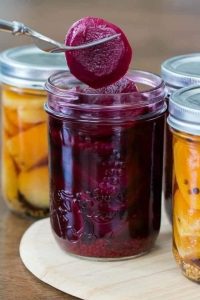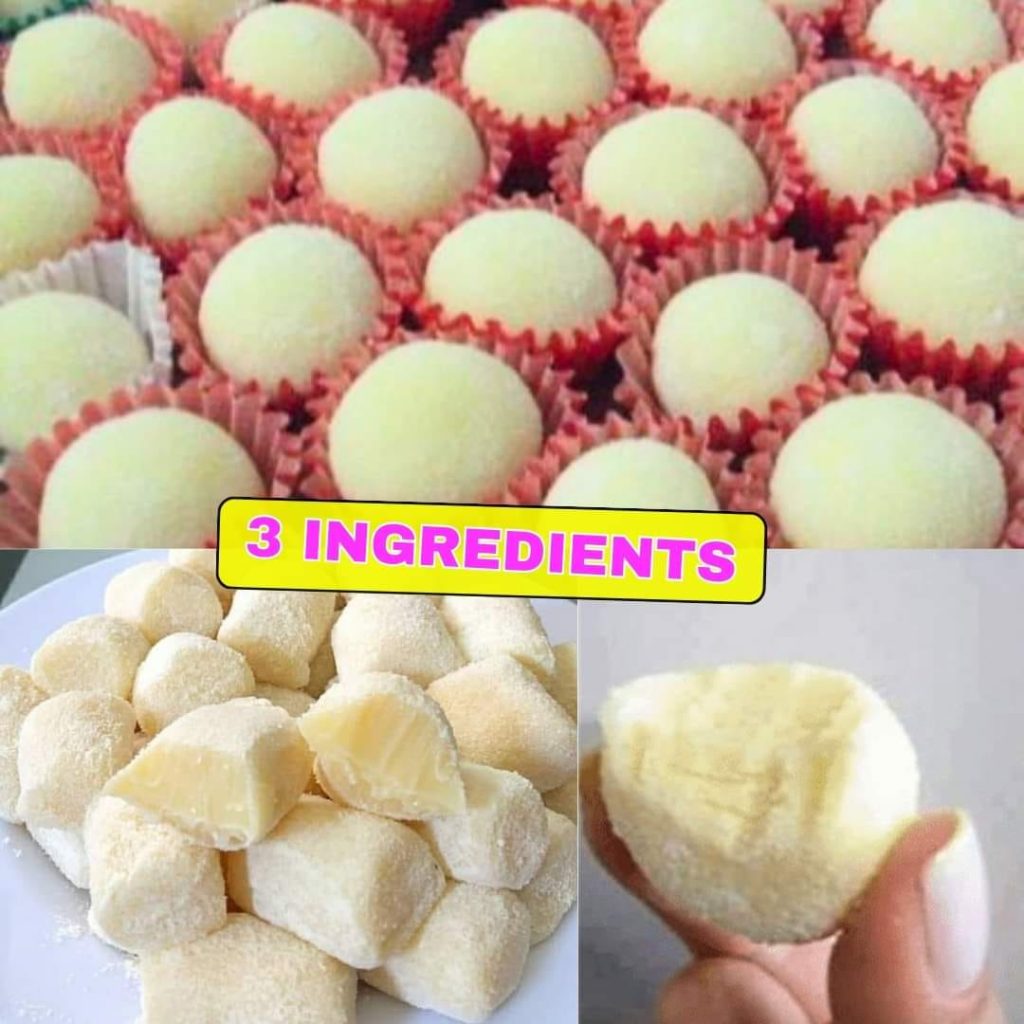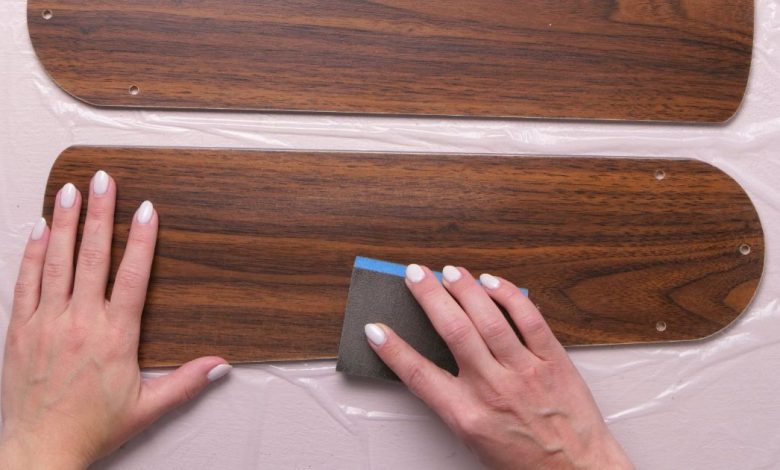Nothing beats the satisfaction of making pickled beets with freshly cooked, garden-fresh beets. Creating a tangy brine using sugar, pickling salt, and vinegar transforms these beets into a delightful treat. It’s one of my go-to yearly canning recipes, especially when I’m blessed with an abundant harvest of beets. The pickled beets add a burst of flavor to meals and make for a deliciously versatile pantry staple!
Versatile and Delicious Pickled Beets
 Pickled beets are an absolute gem, elevating countless meals like sandwiches, salads, and burgers. Yet, they’re just as delightful all on their own. If you find yourself with an abundance of fresh beets, this recipe is your perfect solution. It yields a whopping 10 jars of pickled beets, ensuring you always have these beauties at your fingertips.
Pickled beets are an absolute gem, elevating countless meals like sandwiches, salads, and burgers. Yet, they’re just as delightful all on their own. If you find yourself with an abundance of fresh beets, this recipe is your perfect solution. It yields a whopping 10 jars of pickled beets, ensuring you always have these beauties at your fingertips.
Feel free to adjust the servings to match your pickling requirements. The best part? These jars will stay flavorful for a whole year, making them a wonderful pantry staple. Plus, pickled beets make fantastic food gifts, spreading joy and deliciousness to your loved ones!
How to Pickle Beets
You’ll find the full step-by-step recipe and instructions below, but here’s a brief overview of how to make pickled beets:
Cook the Beets
Boil beets until tender, about 15 minutes. Reserve two cups of beet water, drain the rest, then peel the beets.
Sterilize the Jars
Sterilize wide-mouth canning jars and lids by immersing in boiling water for at least 10 minutes. Fill each jar with beets and several whole cloves.
Make the Brine
Boil sugar, beet water, vinegar, and pickling salt. Then, pour the hot brine over the beets and seal the jars.
Process the Jars
Place a trivet at the bottom of a stockpot and fill the pot halfway with water. Bring the water to a boil, and add the jars. Pour in more boiling water until the jars are completely covered (the water should be at least 1 inch above the top of the jars). Bring the water in the stockpot to a boil, cover, and process for 10 minutes.
Pickled vs. Marinated
Pickled foods can be marinated, but not all marinated foods are pickled. Marinating means flavoring a food with acid. While pickling means preserving a food with salt or with acid.
To be considered pickled, the food needs to be preserved in the brine or marinade and not just flavored by the brine or marinade.
What Vinegar Should You Use for Pickled Beets?
This recipe calls for white vinegar, but you can also use cider vinegar or rice wine vinegar to make pickled beets.
Ingredients
-10 pounds fresh small beets, stems removed
-2 cups white sugar
-1 tablespoon pickling salt
-1 quart white vinegar
-¼ cup whole cloves
Directions
Step 1:
Place beets in a large stockpot with water to cover. Bring to a boil, and cook until tender, about 15 minutes depending on the size of the beets. If beets are large, cut them into quarters. Drain, reserving 2 cups of the beet water, cool and peel.
Step 2:
Sterilize jars and lids by immersing in boiling water for at least 10 minutes. Fill each jar with beets and add several whole cloves to each jar.
Step 3:
In a large saucepan, combine the sugar, beet water, vinegar, and pickling salt. Bring to a rapid boil. Pour the hot brine over the beets in the jars, and seal lids.
Step 4:
Place a rack in the bottom of a large stockpot and fill halfway with water. Bring to a boil over high heat, then carefully lower the jars into the pot using a holder. Leave a 2 inch space between the jars. Pour in more boiling water if necessary until the water level is at least 1 inch above the tops of the jars. Bring the water to a full boil, cover the pot, and process for 10 minutes.







